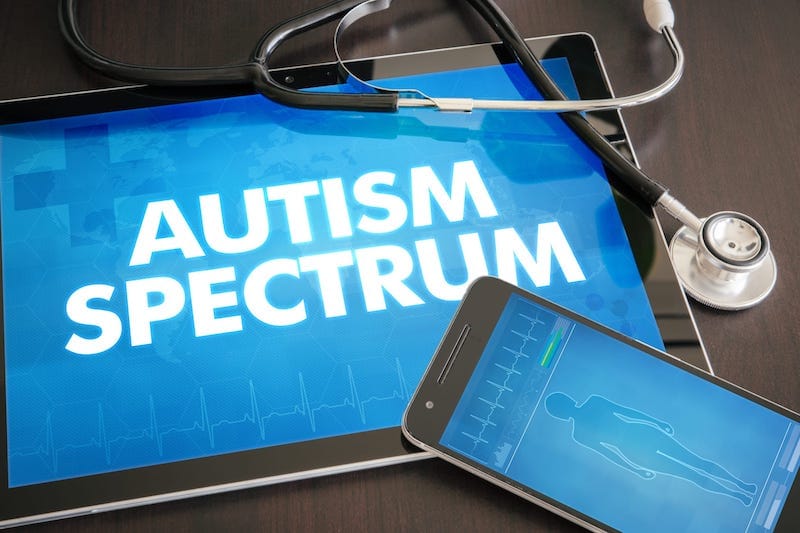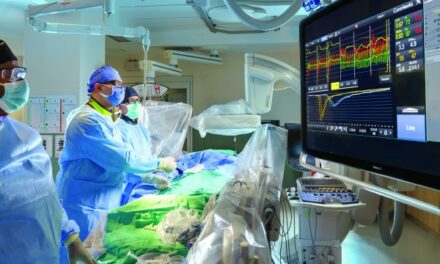A large study has identified molecular signatures of gestational inflammation linked to the risk of developing autism spectrum disorder (ASD). These finding—led by researchers at Columbia University Mailman School of Public Health and the Norwegian National Institute of Public Health—could eventually lead to a test to screen for ASD at birth.
The study, published in the journal Molecular Psychiatry, provides insights into abnormal brain development. The new research aligns with growing evidence that the risk of ASD is increased by fetal exposure to inflammation.
In the new study, researchers analyzed the presence of 60 molecular markers of immune response, including cytokines and growth factors. Blood samples were collected during pregnancy (maternal mid-gestational blood sample) and at birth (cord blood) from 957 children, roughly half of whom were later diagnosed with ASD. The study linked ASD risk to groupings of inflammation-related molecules, with different groupings seen in boys versus girls. Among the most predictive molecules were interleukins like IL1RA and IL4.
“We found immune signatures in mid-pregnancy blood samples from mothers and in umbilical cord blood from children later diagnosed with autism that correlate with responses to infection, and molecules important for the development of the brain and its blood supply,” says study co-first author Mady Hornig, MD, associate professor of epidemiology at Columbia Mailman School.
Four molecules thought to be involved in fetal brain development were also linked to ASD risk in both sexes: TNFα, Serpin E1, VCAM1, and IL1β. Biomarkers collected at birth were only slightly less predictive than those collected during pregnancy.
“This paper is the culmination of more than 20 years of data and sample collection and analysis in collaboration with our colleagues in the Norwegian Institute of Public Health. Our future research will focus on finding the triggers for inflammation and links between those triggers and genetic susceptibility,” says corresponding author W. Ian Lipkin, John Snow Professor of Epidemiology and professor of neurology and pathology.




